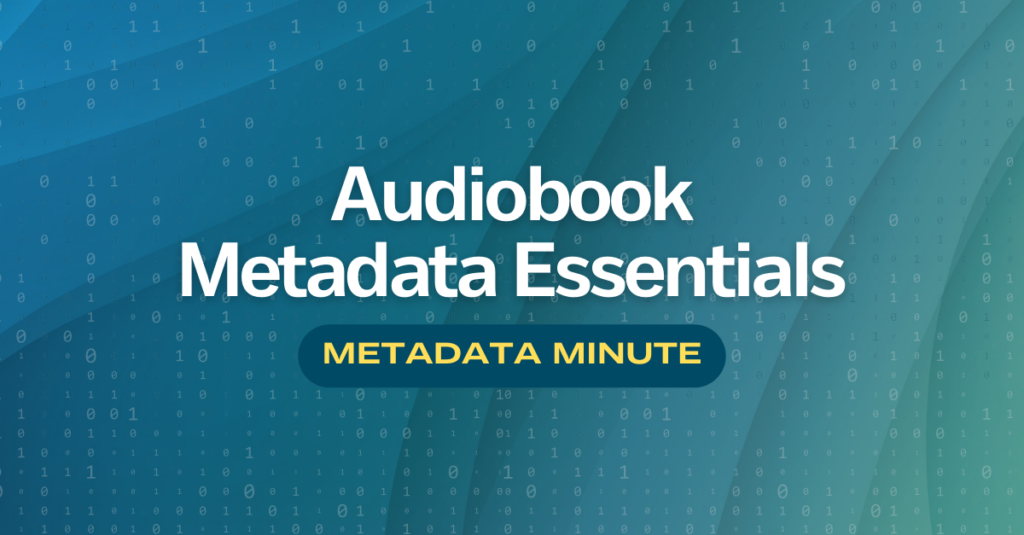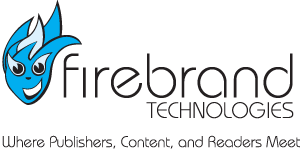
Metadata Minute (Issue #7)
Audiobook Metadata Essentials
The Metadata Minute is your monthly guide to boosting book sales and visibility by mastering metadata elements! Whether you’re an author, publisher, marketer, or industry enthusiast, “Metadata Minute” has something to offer everyone.
🔍What to expect:
- Insights from industry experts
- Tips and techniques to perfect your metadata for backlist & frontlist titles
- The latest industry trends in metadata practices, ensuring you’re always one step ahead
- Case studies proving the power of metadata transformations
Subscribe today to receive the “Metadata Minute” newsletter on the last Monday of each month. If you missed it, they will also be included in our monthly Firebrand Newsletter, sent straight to your inbox.
Audiobook metadata shares many similarities with printed book metadata; however, there are some key differences that can help you boost their sales and visibility. Here are some audiobook metadata suggestions for you to consider:
Format-specific details:Be sure to include all information about the audiobook format, such as the audio file type (MP3, AAC, etc.), bitrate, and whether it is available as a CD, downloadable file, or streaming service.
Duration: Include the total time it takes to listen to the audiobook. In Title Management and Eloquence on Demand, you would include this information under the Specifications section on the Title Summary page.
File Size: For downloadable or streaming audiobooks, file size information can be important for users with limited storage or bandwidth.
Keywords: Different keywords might be more successful for audiobook formats versus regular print. Consider including keywords regarding the narrator, audio format, sound quality, duration, accessibility, audiobook awards won, different languages or accents, compatibility, or words related to the performance and listening experience, such as “full cast”, “sound effects”, or “easy listening”.
Accessibility: Was your audiobook made with accessibility features in mind? Does it have high-quality narration with clear and consistent pronunciation? Does it include book summaries and chapter titles to make it easy to navigate? Consider including this information in your metadata to reassure visually-impaired readers.
Language: What languages are your audiobooks available in?
Cover Art: Make sure your cover art and other images match the dimension requirements for digital platforms.
Give your audiobooks their best possible chance by following these guidelines! To learn more about different types of metadata and how to get the most out of them, consider taking Joshua’s Learning Metadata for Book Publishing Online Class! Subscribe to the Metadata Minute for more monthly metadata tips.
